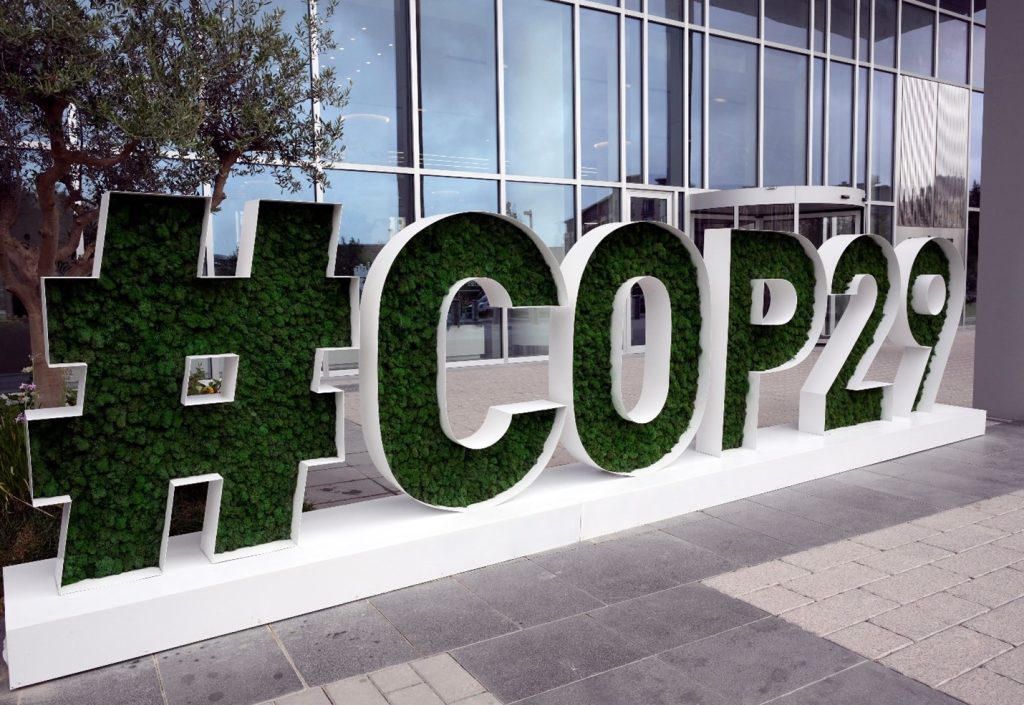Tensions ran high at the COP29 UN Climate Summit in Azerbaijan as developing nations criticized a $300 billion annual pledge from wealthy countries to combat climate change. The financial commitment, set to take effect by 2035, falls drastically short of the support these nations say they urgently need to address escalating climate disasters.
Leaders from climate-vulnerable countries voiced their frustration, describing the deal as an “insultingly low” offer that ignores the realities they face. The $300B pledge, while significant on paper, pales in comparison to the estimated trillions required to mitigate the damage caused by rising sea levels, droughts, and extreme weather events.
“We were pressured into accepting a deal that doesn’t come close to covering our losses,” said one delegate from a Pacific island nation. “This isn’t about generosity—it’s about survival.”
Wealthy nations defended the agreement, calling it a “necessary compromise” and pointing to plans for innovative financing solutions, such as private sector partnerships, to bridge funding gaps. However, activists argue that this falls short of the “polluter pays” principle, leaving developing countries to shoulder disproportionate burdens.
As COP29 concludes, the pledge has sparked renewed calls for accountability and equity in global climate financing. Developing nations warn that without urgent action, the gap between commitments and needs could lead to irreversible consequences for the planet.

